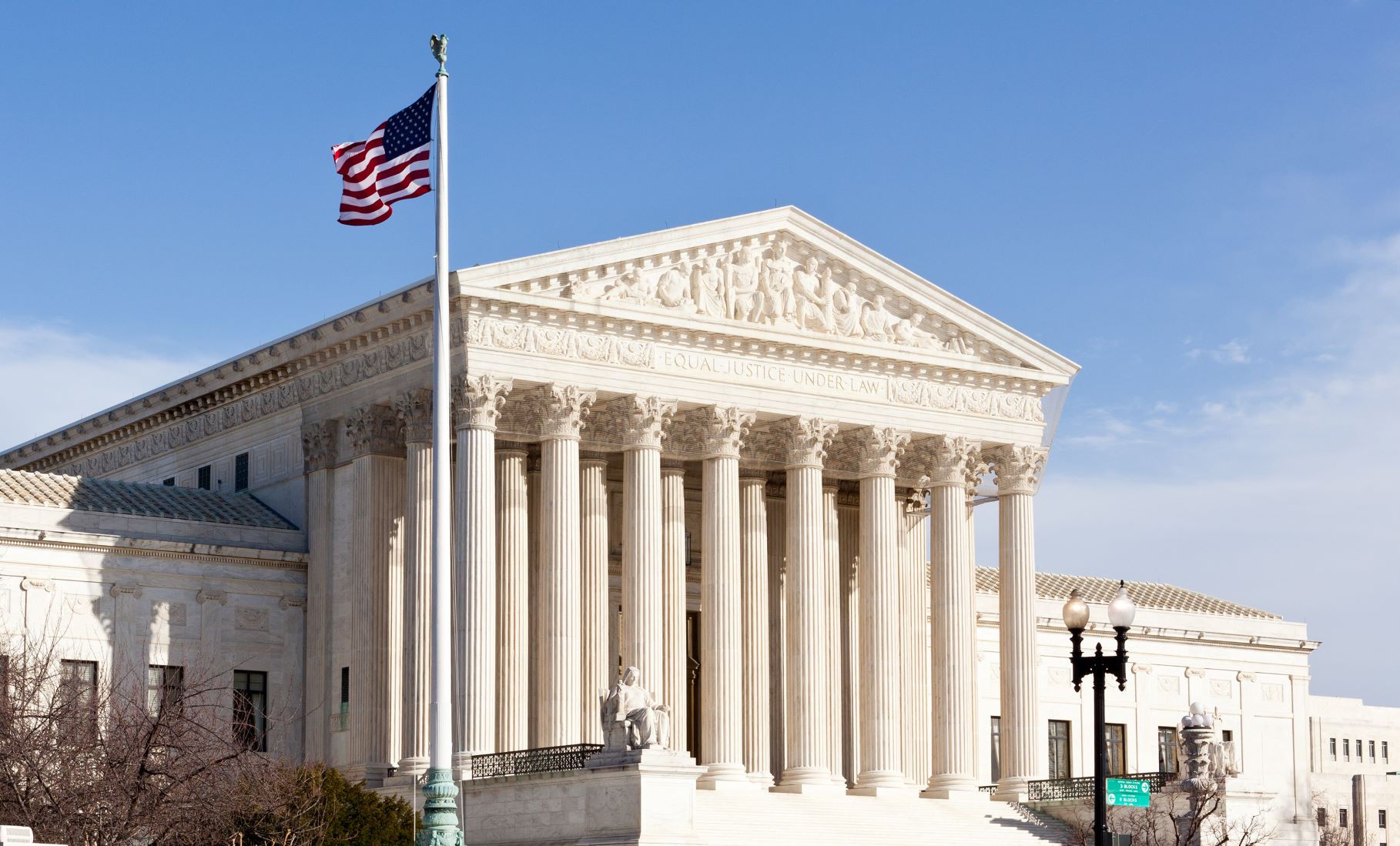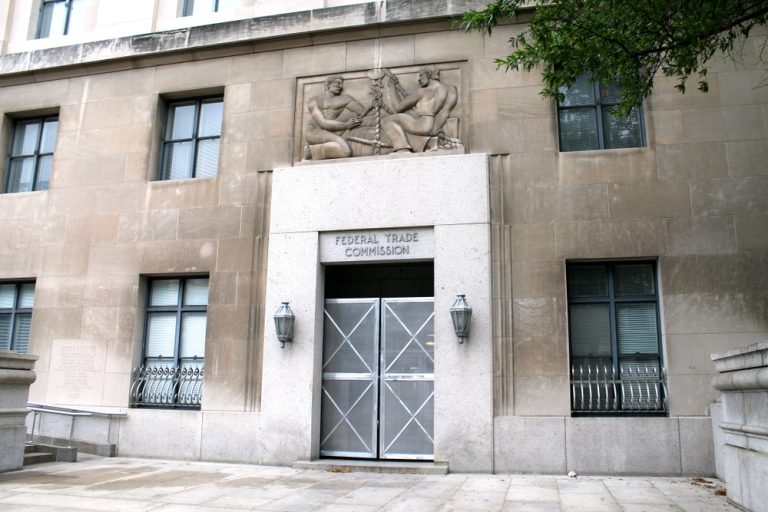Supreme Court Sides with Alabama Plaintiffs Caught in “Catch-22”
Supreme Court Sides with Alabama Plaintiffs Caught in “Catch-22”
In Williams v. Reed, 145 S. Ct. 465 (2025), the United States Supreme Court reversed an Alabama Supreme Court decision affirming the dismissal of plaintiffs’ Section 1983 claims for lack of jurisdiction, based on the plaintiffs’ failure to exhaust their administrative remedies. Although the U.S. Supreme Court’s majority limited its holding to the narrow situation presented, the dissent raised concerns regarding the possible “ripple effects” of this decision, which remain unanswered.
The underlying case, Johnson v. Alabama Sec’y of Lab. Fitzgerald Washington, 387 So. 3d 138 (Ala. 2023), was brought by 26 plaintiffs who sought unemployment benefits from the Alabama Department of Labor, part of a wave of such applications filed in the wake of the COVID-19 pandemic. Likely due in part to this record high number of applications, plaintiffs alleged that their applications had not been addressed timely and sued under the Civil Rights Act, 42 U.S.C. § 1983, for prompt decisions, hearings, and payments from the Department on pending applications. However, because the plaintiffs had not exhausted their available remedies within the Department itself, the Alabama Supreme Court found that no jurisdiction existed to hear plaintiffs’ claims.
In its Williams decision, the Supreme Court reversed the Alabama Supreme Court’s holding. The majority, composed of an interesting mix of Justices Kavanaugh, Sotomayor, Kagan, Jackson, and Chief Justice Roberts, noted that the state court’s holding created a “catch-22” for plaintiffs. Under Section 1983, plaintiffs are entitled to bring suit to challenge unlawful delays in the administrative process. However, Justice Kavanaugh, writing for the majority, noted: “The Alabama Supreme Court ruled that the claimants could not sue under § 1983 to challenge delays in the administrative process until the claimants completed that process. But that ruling created a catch-22: Because the claimants cannot sue until they complete the administrative process, they can never sue under § 1983 to obtain an order expediting the administrative process.”
The Court held that such a catch-22 was impermissible—a state may not immunize its officials from Section 1983 suits via state law. However, the majority carefully limited its holding to the narrow ground presented here: “In the unusual circumstances presented here—where a state court’s application of a state exhaustion requirement in effect immunizes state officials from § 1983 claims challenging delays in the administrative process—state courts may not deny those § 1983 claims on failure-to-exhaust grounds.” The Court specifically declined to address plaintiffs’ arguments that state administrative-exhaustion requirements may not be applied to Section 1983 claims at all. The Court further noted that a plaintiff ordinarily must exhaust administrative remedies prior to bringing a suit. This holding would apply only to the “unusual case” in which a plaintiff is “actually challenging the inability to exhaust.”
Justice Thomas, joined in dissent by Justices Alito, Gorsuch, and Barrett, argued that states may exercise jurisdictional latitude unless their jurisdictional rules embody a “‘policy disagreement’ with federal law.” The dissent argued that Alabama’s law, requiring the exhaustion of administrative remedies in applications for unemployment benefits, does not exemplify this type of policy disagreement and is instead merely a jurisdictional rule. The dissent cautioned that the majority’s holding, which found an Alabama statute in conflict with federal law based on its “incidental effects” rather than the state’s legislature’s conscious dissent from federal policy, failed to “grapple with the possible ripple effects” of the decision.
Even supporters of the Williams decision share Justice Thomas’s belief that the ruling could have “ripple effects” beyond its supposedly narrow bounds. After the decision was released, Appellate counsel for the plaintiffs commented: “The implications of the SCOTUS decision extend far beyond unemployment benefits. It establishes an important principle that states cannot create procedural barriers that effectively immunize officials from accountability under federal civil rights laws.”[1] As counsel noted, this decision may have far-reaching effects, particularly as administrative agencies play such a large role in the lives of individuals. However, the Williams majority left the broader issues raised by this case for another day, leaving the legal community to ponder the potential impacts until these issues are raised again.
[1] US Supreme Court Rules in Favor of Civil Rights Enforcement in Williams v. Reed Case, Jenner & Block (Feb. 25, 2025), https://www.jenner.com/en/news-insights/news/us-supreme-court-rules-in-favor-of-civil-rights-enforcement-in-williams-v-reed-case.









